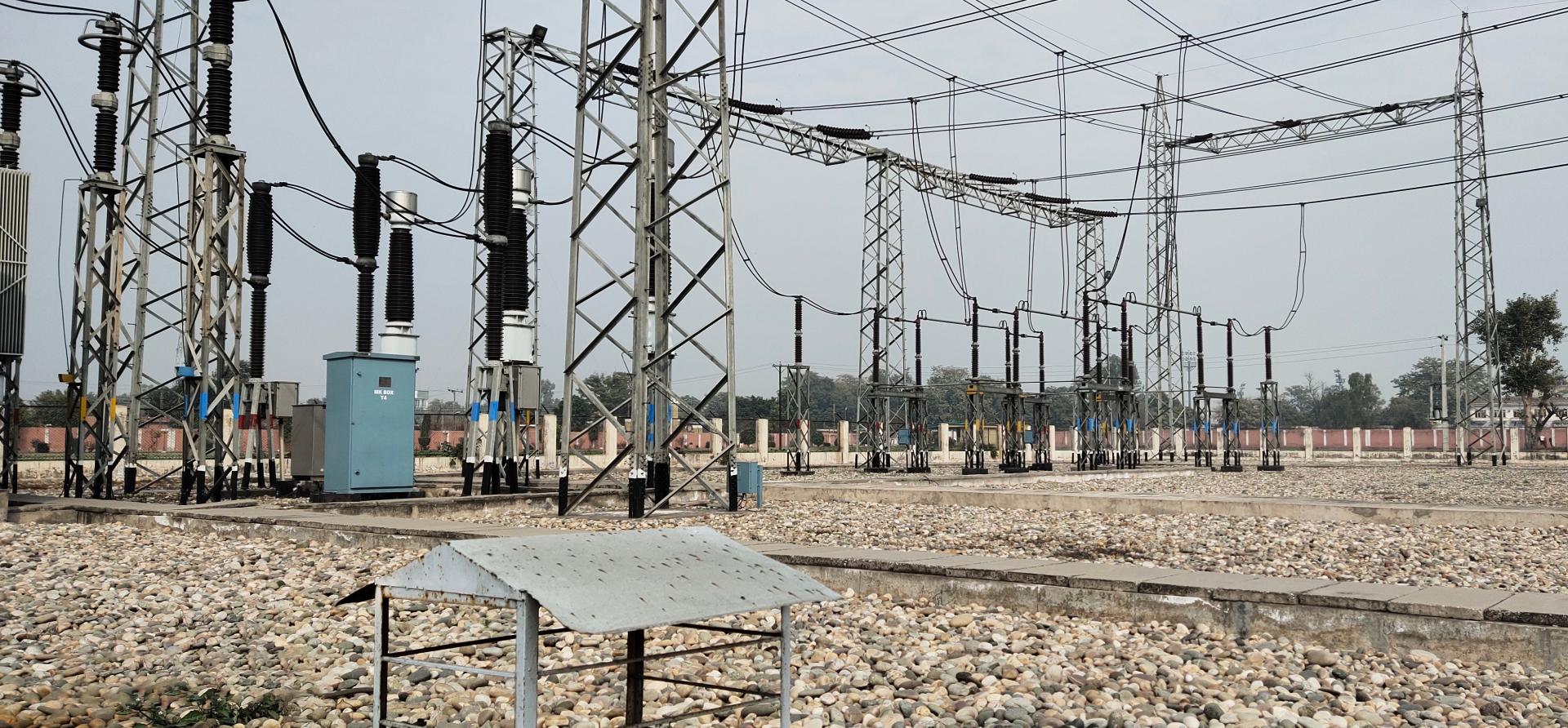Pakistan’s power predicament

Key Findings
Pakistan lacks both money and energy, and is caught in a bind between servicing debt and paying for imported fuels.
Severe currency devaluation means Pakistan will pay 7% more for gas-fired power in 2024 even if global oil and gas prices fall by 13%.
Renewables struggle to displace fossil fuel imports due to policy paralysis, high cost of capital and lack of domestic financing.
Better access to concessionary lending at 6% could cut energy storage costs by $57/MWh and bring Pakistani PV-plus-storage plants in line with the global average.
Unblocking delayed auctions offers a simple first step towards reducing renewables costs and ramping up deployment.
This commentary is authored by head of data insights at TransitionZero, Seb Kennedy and energy finance analyst (Pakistan) at IEEFA, Haneea Isaad.
Deep and prolonged blackouts are becoming an allegory for Pakistan’s energy predicament. A technical fault led to a major grid outage on 23rd January that paralysed the entire system and resulted in a nationwide rolling blackout. The failure to prevent an isolated incident from cascading throughout the grid speaks to the outdated state of Pakistan’s centralised electricity infrastructure and the myriad economic impediments to reversing the country’s deteriorating fortunes.
Pakistan lacks both energy and money, and is caught in a vicious cycle between the two. The national blackout hit just as Pakistan’s foreign reserves and currency crisis entered a worrying new phase, raising fears of a debt default and IMF bailout. Reliance on expensive fuel imports, rampant inflation, fiscal fragility and currency devaluation are all part of the same positive feedback loop that is hampering economic development and eroding prosperity.
The selloff in the rupee inflated Pakistan’s fuel import bill, driving inflation ever higher and hurting consumers. This also undermines investment in indigenous energy resources and leaves the country reliant on spiralling dollar-denominated fossil fuel imports.















